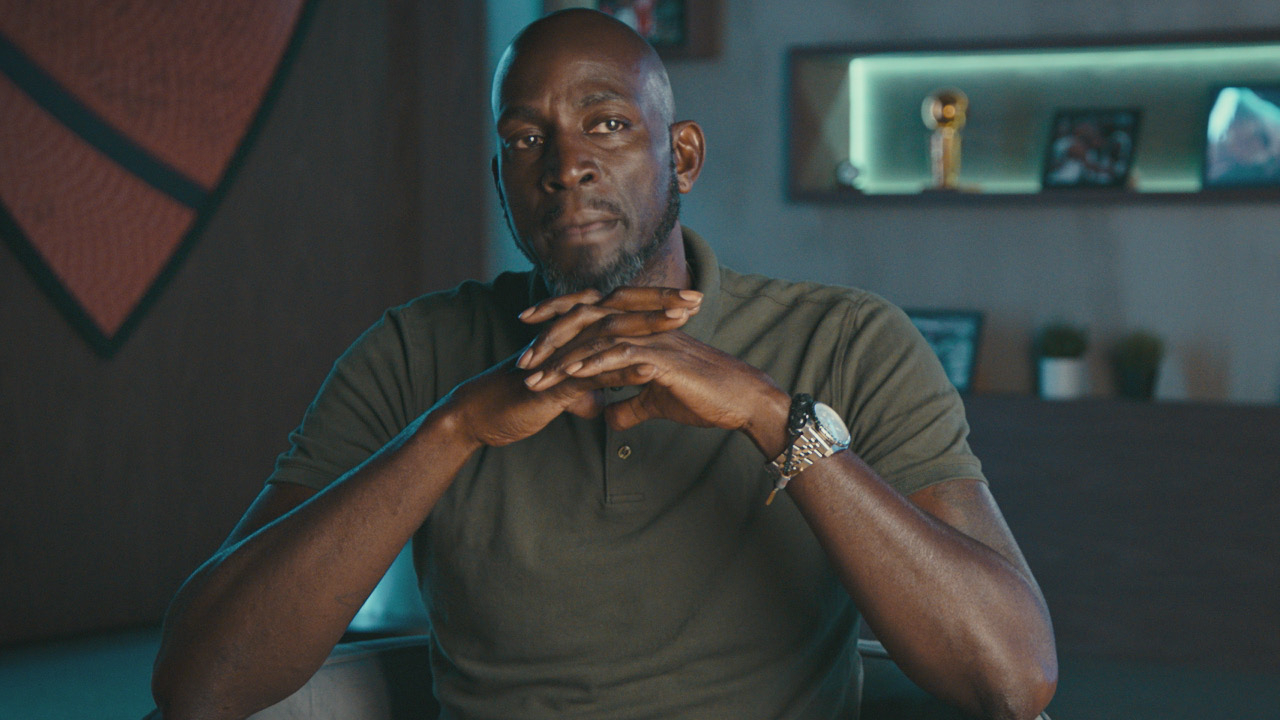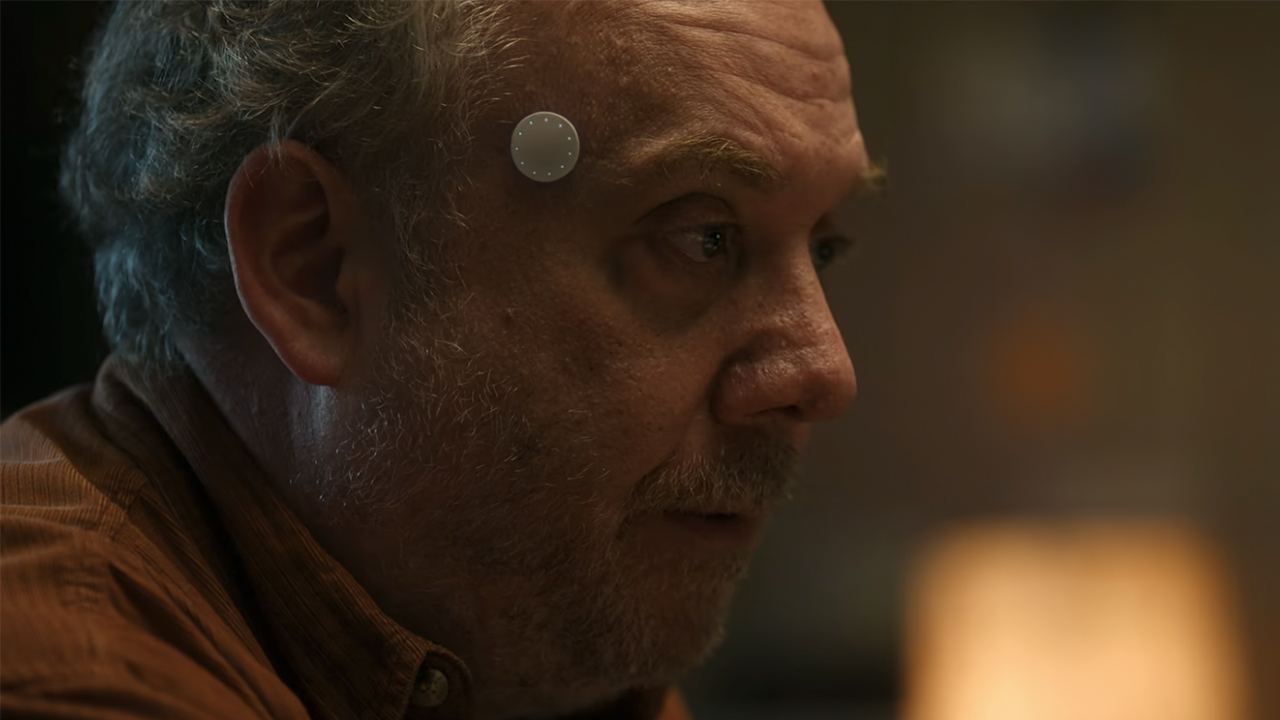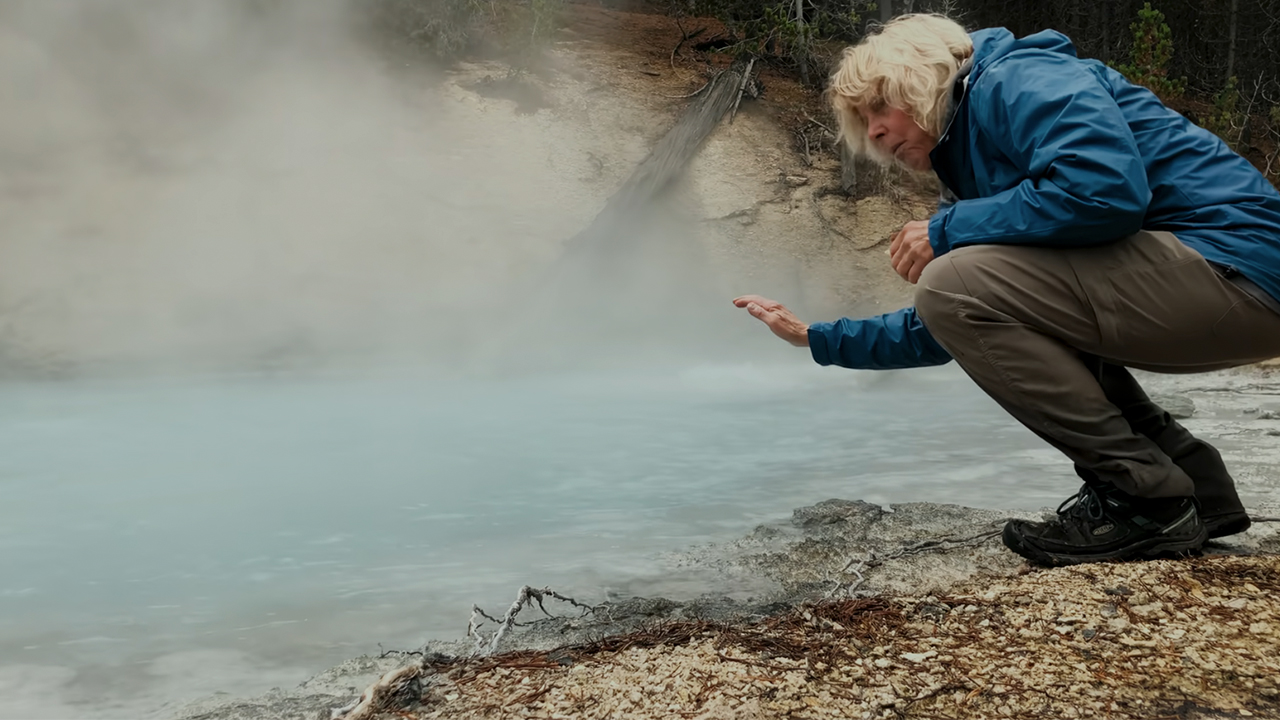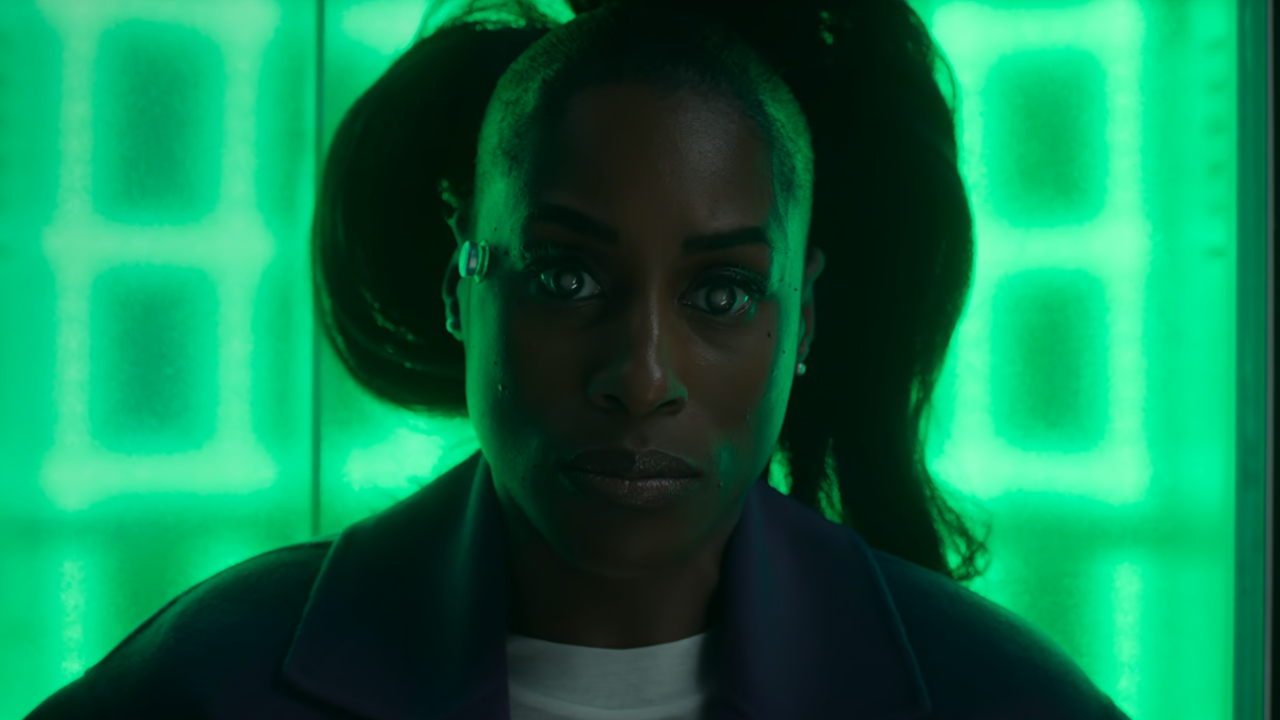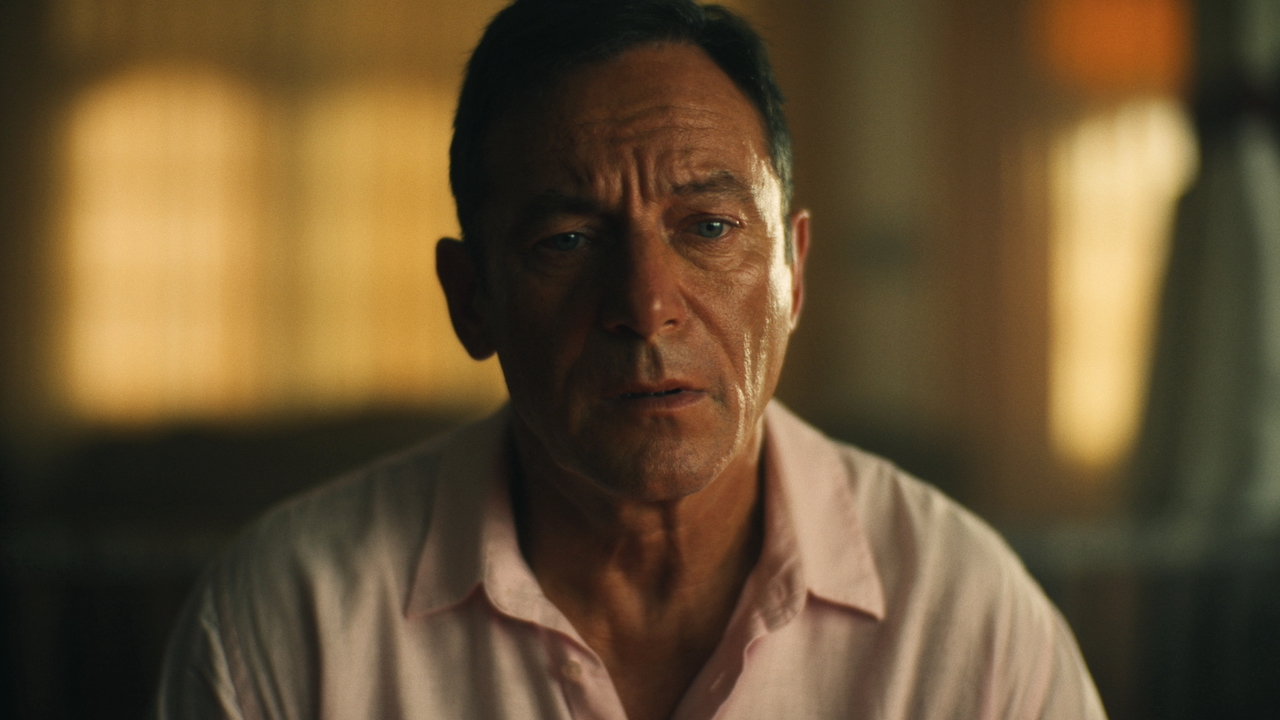After Rewatching A24's 2015 Amy Winehouse Documentary, Here Are 6 Things I Noticed And Appreciated More
I rewatched it through a new lens and it's still so profoundly devastating.

The A24 Amy Winehouse documentary, Amy, changed the way I view documentaries. It simultaneously mesmerized and haunted, and is one of the best documentaries I’ve ever seen. The compassionate approach to the subject completely gained my attention. Back to Black is one of my favorite albums - even before seeing the movie - but the film made me appreciate and understand it more. Amy also gave me a different perspective on the singer.
The upcoming music biopic, Back to Black, and the viral trailer, has created a new interest and demand for Amy. Seeing people talk about the successful, profound documentary inspired me to rewatch it. After seeing it through a new lens, I have even more respect and admiration for the A24 documentary.

The Use Of Music To Tell Amy’s Story
Many fans of the English singer know the Back to Black album well, so it makes sense to incorporate it into Amy. The film takes it a step further with a brief history of Winehouse’s music evolution. It introduces her earlier songs, then finishes with her Grammy-award-winning album, Back to Black. Winehouse’s music defined, fueled and drove her. The documentary honors this by allowing it to help tell her story.
Amy uses footage of studio recordings, concerts, and live performances. It implements various ways of highlighting the lyrics. The documentary presents the lyrics in a way that makes you focus on Winehouse’s words and her electricity as a performer.
This documentary expresses the depth of Winehouse’s obsession and love for making and understanding music. It emphasizes the importance of music in her life and displays that by using her music purposefully to tell her story.

How Photos And Videos Help Leave A Legacy
Some of us love capturing our lives on film. These individuals take photos and videos of every moment of their lives, especially the important ones. With the rise of social media, many do it for the instant endorphins that come with a nice comment or like. Others do it to freeze a moment.
I didn’t realize the importance of the second group until rewatching Amy. Photos and videos help preserve a legacy and communicate a story. Director Asif Kapadia purposefully and thoughtfully uses home videos and personal pictures to allow Winehouse, in a way, to tell her own story. It adds a ghostly yet intimate touch to the documentary.
CINEMABLEND NEWSLETTER
Your Daily Blend of Entertainment News
This successful integration of these photos and clips gave me an epiphany. Life is not endless. We all have a final breath, but we leave some of ourselves behind with things like photos and videos. They help people remember us and the moments we share. These little silly videos could outlive us and help keep us imprinted on this world, even after we’re long gone. Whether intentionally or unintentionally, Amy highlights how videos and photos can preserve a legacy, memory, or essence of a person or memory.

The Expert Use Of Audio In Various Forms
Winehouse’s music represents the most impactful and important way Amy uses audio. However, it’s a movie that plays around with sound and its importance to this story. It uses her music and audio interviews with her. These sounds also lend themselves to the idea of Winehouse telling her story in her own words.
However, the audio from interviews with her friends and family impacts this story the most. Removing the distraction of video interviews forces you to listen fully to their words. This helps to convey the importance of Winehouse to their lives. It also helps us envision them as individuals. Words can reveal many things about someone, including their attitude towards a subject.
Some of the most heartbreaking moments in Amy involve hearing the emotions of Winehouse’s friends as they break down talking about her addiction. You don’t need to see them to understand the pain in their voices. That can display just as many emotions as the face and body.

How Amy Tells A Sympathetic Story With Facts
Every documentary has a point of view. I don’t think there is one that can completely be objective. A completely objective documentary may also not really say much about the subject. Amy wants to tell a sympathetic story about a genius musician whose life took some dark turns, which ultimately results in her dying young. In taking this point of view, the documentary places some blame on a few people in her life.
Winehouse’s father, for example, isn’t portrayed in the best light. He makes some mistakes that hurt her. Her ex-husband also isn’t portrayed as a positive figure in her life. These men seem somewhat guilty for the singer’s downfall and eventual death. Because of this angle, you understand why her family didn’t love this documentary.
However, I believe Kapadia offers some objectivity by focusing on facts to portray Winehouse. This creates a natural sympathy for her struggles. He didn’t need to use emotionally manipulative tactics to make viewers care about the singer. He told her story and that made you care.

The Focus On Amy Winehouse As A Person And Not Amy Winehouse The Star
Like Britney Spears’ memoir, The Woman in Me, Amy makes you rethink how the media and public treat celebrities, especially women. The film acts as a reminder of how harmful too much press and media attention can be for a person. It can affect their mental health. Amy also emphasizes that Winehouse didn’t make music for fame and the spotlight. She did it for the love of it. Fame becomes sort of like a consequence of being so talented.
This makes her celebrity status even more heartbreaking. It helped escalate her tragic end. The second half of the film focuses on her stardom, but the first half lets you know Amy as a brilliant musician. The fame was part of her identity but didn’t define it.

The Careful Way It Approaches Addiction
Amy offers a thought-provoking exploration of the damage and devastation of addiction. It approaches the topic in a no-glamour, no-exploitation look at the grittiness of substance abuse and dependency. Amy doesn’t judge Winehouse for her addiction but shows how it controls her life and sets a nearly unbreakable pattern that kills her. It’s one of the most important movies about addiction because you see how it develops, hurts, and eventually kills a person.
Back to Black is one of the highly anticipated upcoming biopics. History is still being written on whether it does or doesn’t become one of the best music biopics. Still, Amy has already reached its place as one of the best documentaries ever, especially about a musician.

Spent most of my life in various parts of Illinois, including attending college in Evanston. I have been a life long lover of pop culture, especially television, turned that passion into writing about all things entertainment related. When I'm not writing about pop culture, I can be found channeling Gordon Ramsay by kicking people out the kitchen.
